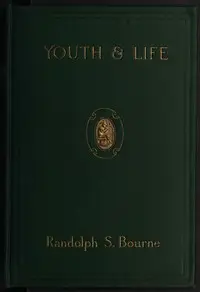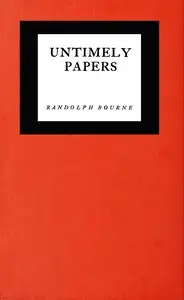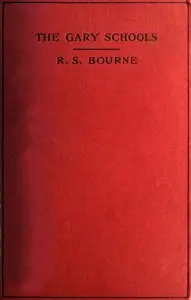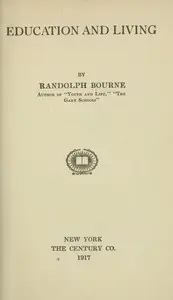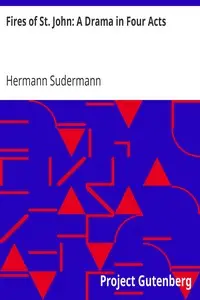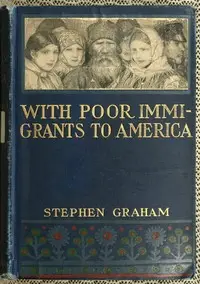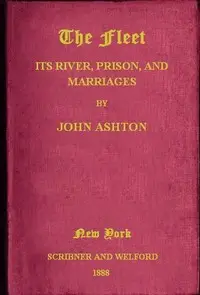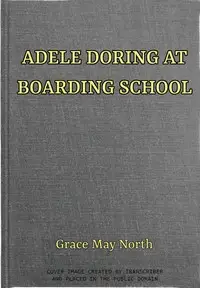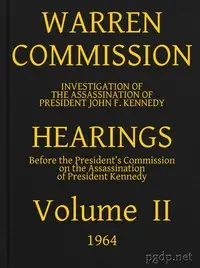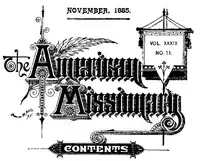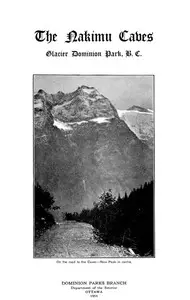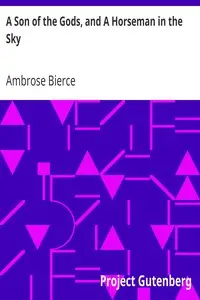"History of a Literary Radical and Other Essays" by Randolph Silliman Bourne is a collection of essays written in the early 20th century. The essays delve into the life and thoughts of Bourne himself, characterized as a literary radical who critiques various aspects of American culture and society. The collection not only highlights Bourne's personal philosophies and experiences but also reflects on broader themes such as the role of youth in cultural renewal and the intersections of art and politics. At the start of this text, the introduction offers insight into Randolph Bourne's life, illustrating him as a dynamic thinker caught between the cultural expectations of his time and his radical beliefs. Through his experiences in education and journalism, we learn how Bourne’s physical challenges shaped his worldview and relationships, fostering a desire for a more revolutionary American cultural landscape. The opening sets the stage for a deeper exploration into Bourne's critiques of the educational system and societal norms, hinting at the dynamics of consciousness and identity that will shape his literary legacy. (This is an automatically generated summary.)
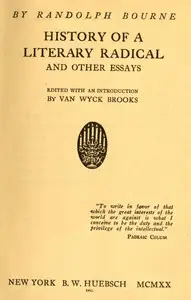
History of a literary radical, and other essays
By Randolph Silliman Bourne
"History of a Literary Radical and Other Essays" by Randolph Silliman Bourne is a collection of essays written in the early 20th century. The essays d...
Randolph Silliman Bourne was a progressive writer and intellectual born in Bloomfield, New Jersey, and a graduate of Columbia University. He is considered to be a spokesman for the young radicals living during World War I. His articles appeared in journals including The Seven Arts and The New Republic. Bourne is best known for his essays, especially his unfinished work "The State," discovered after he died. From this essay, which was published posthumously and included in Untimely Papers, comes the phrase "war is the health of the state" that laments the success of governments in arrogating authority and resources during conflicts.

